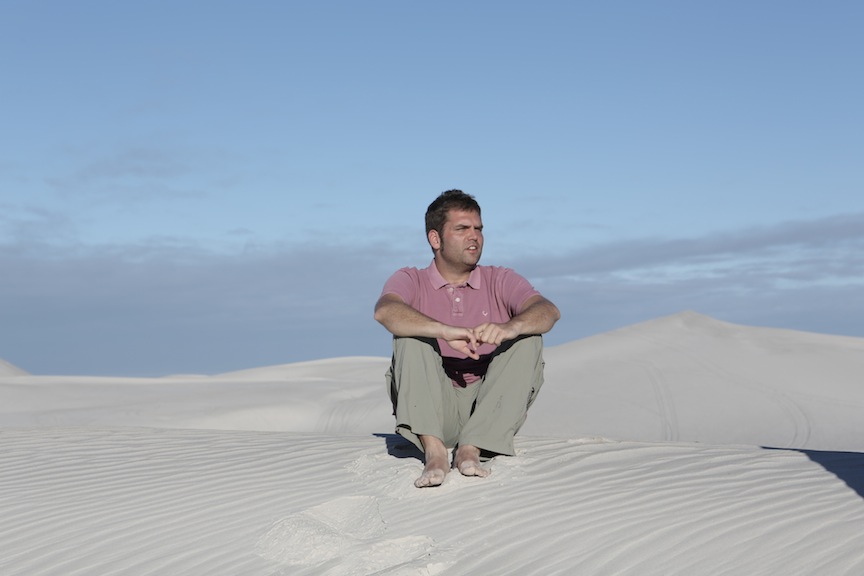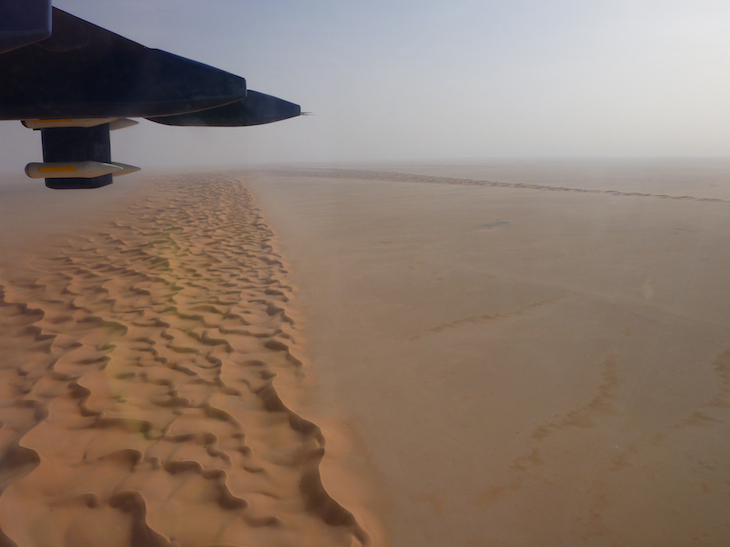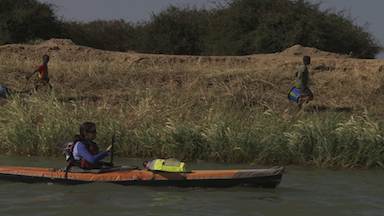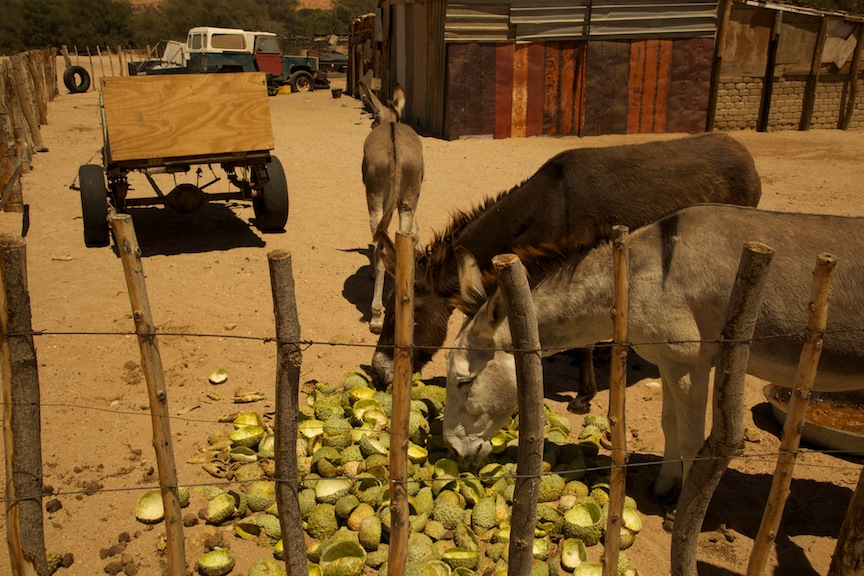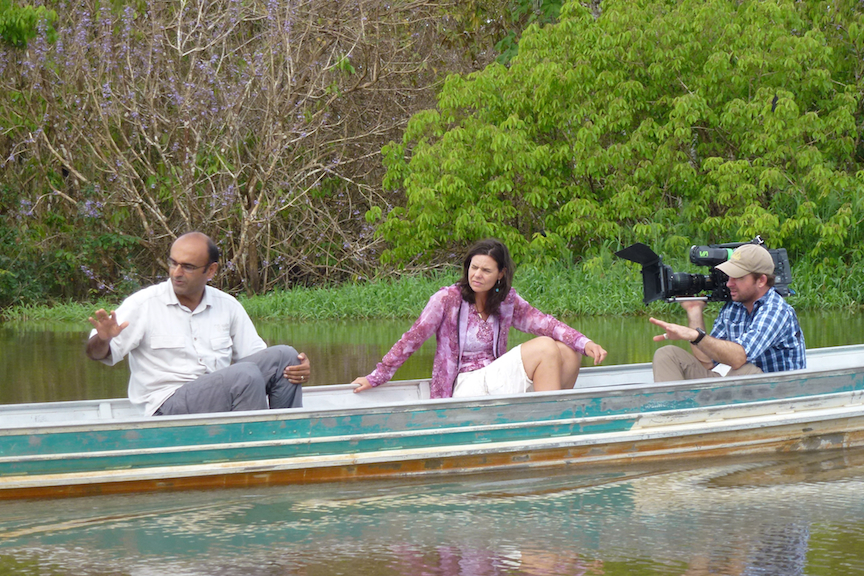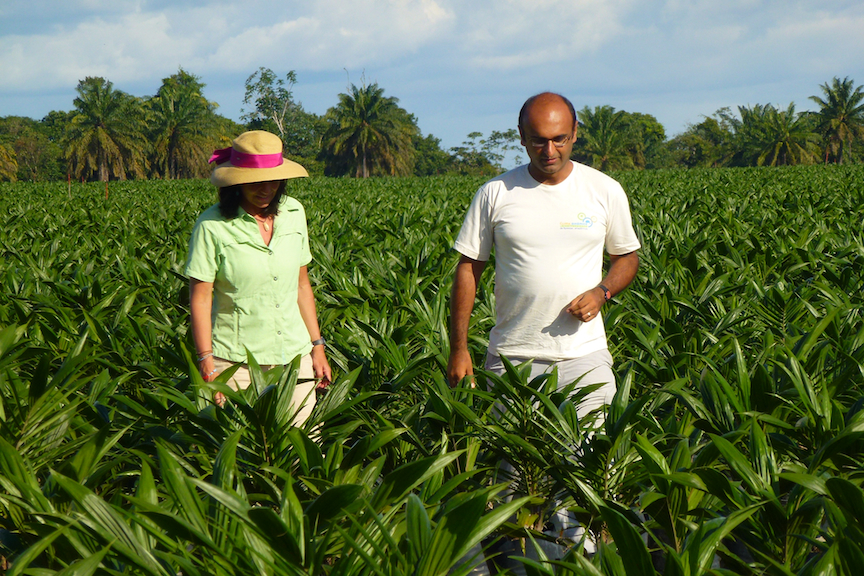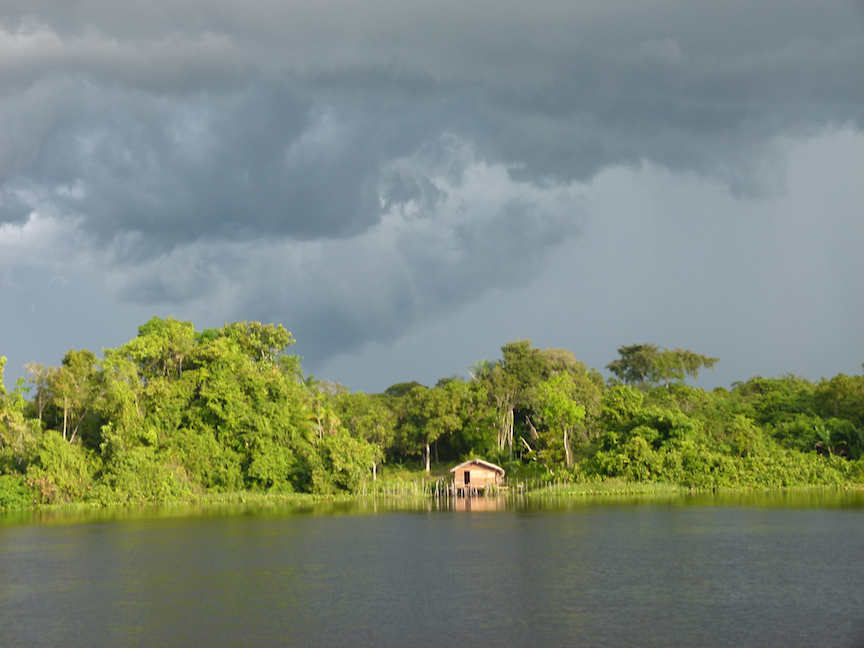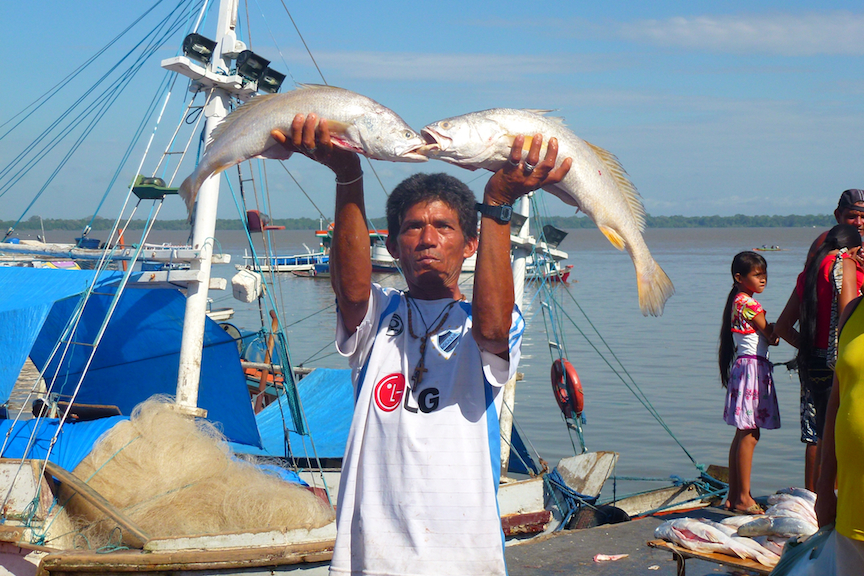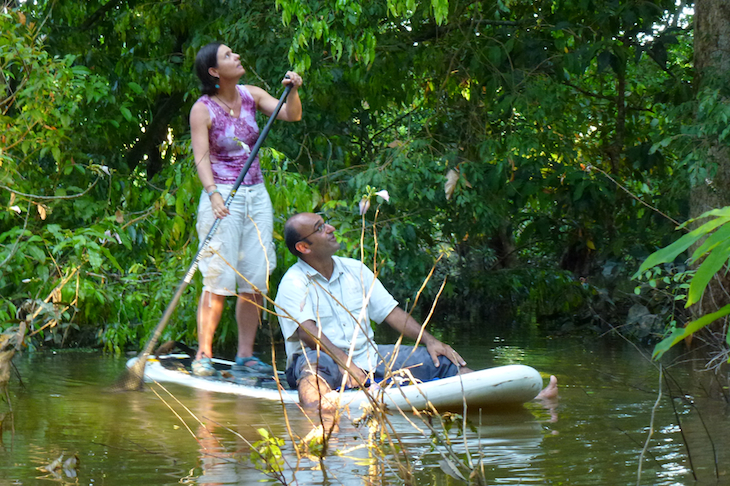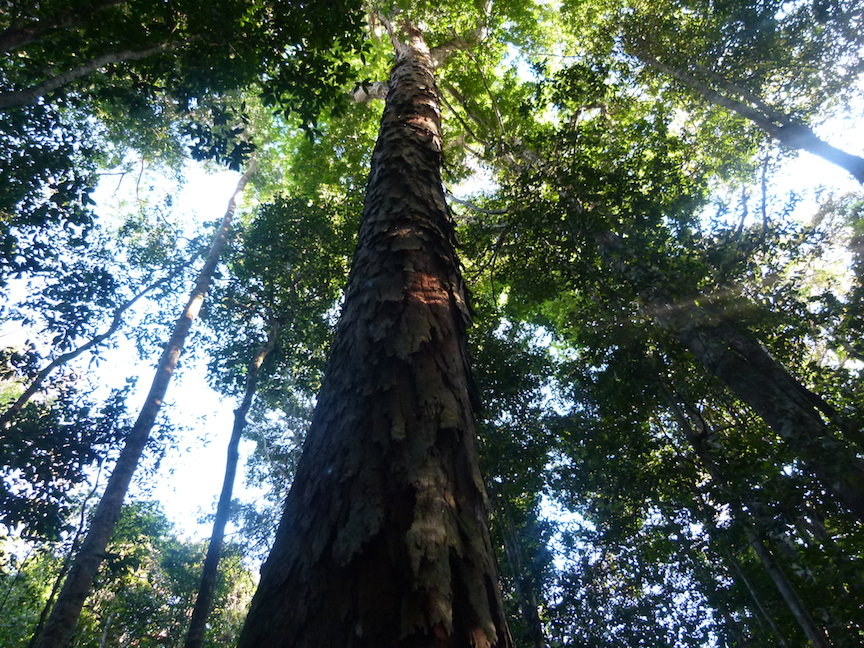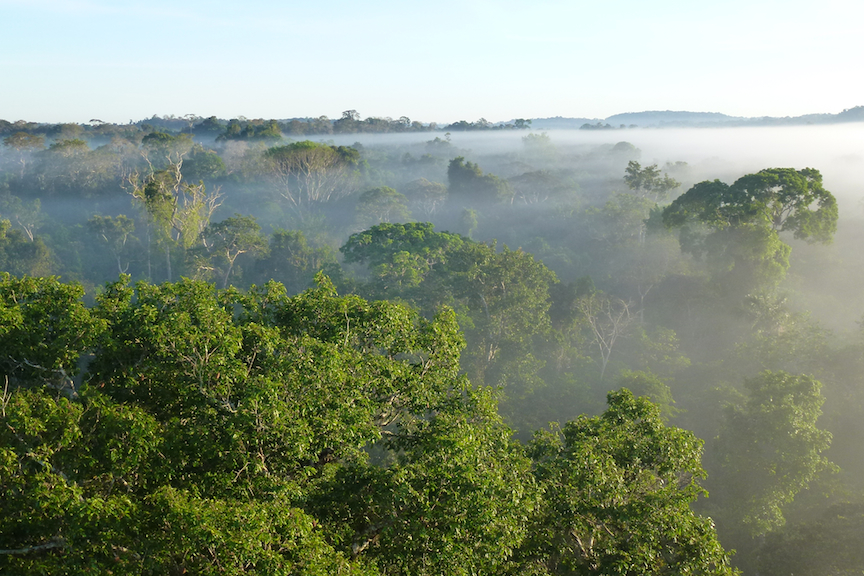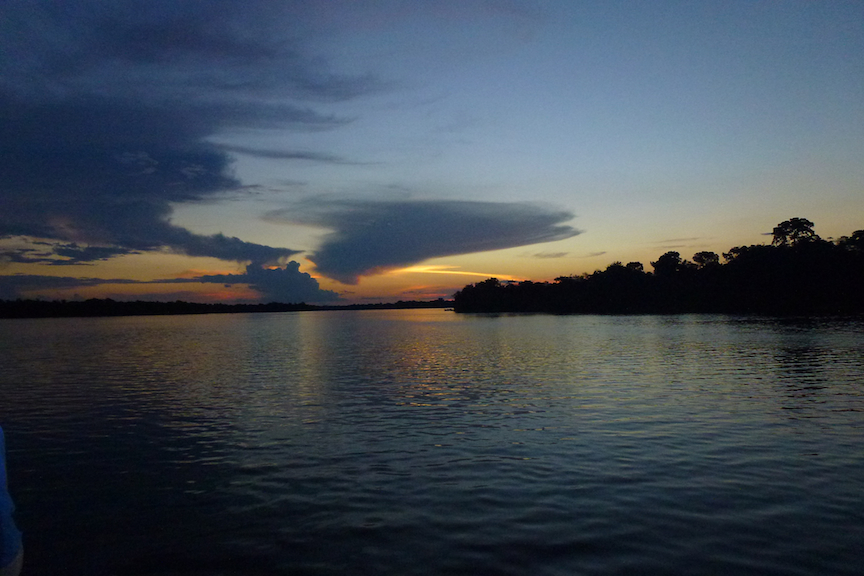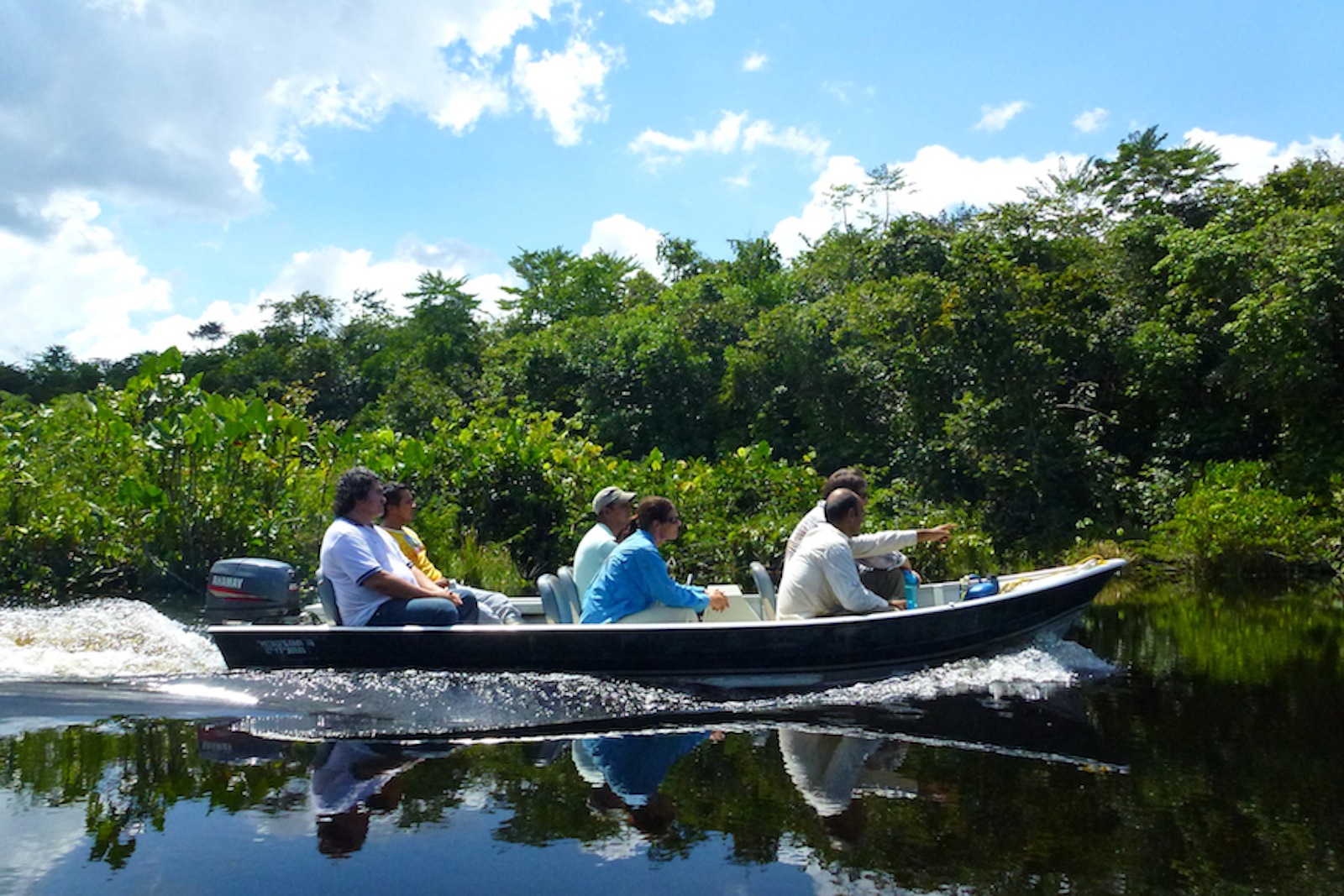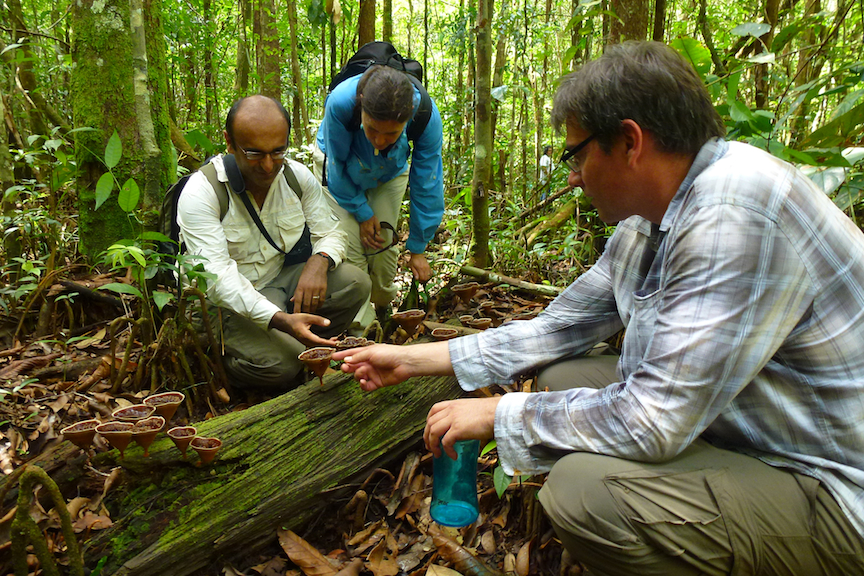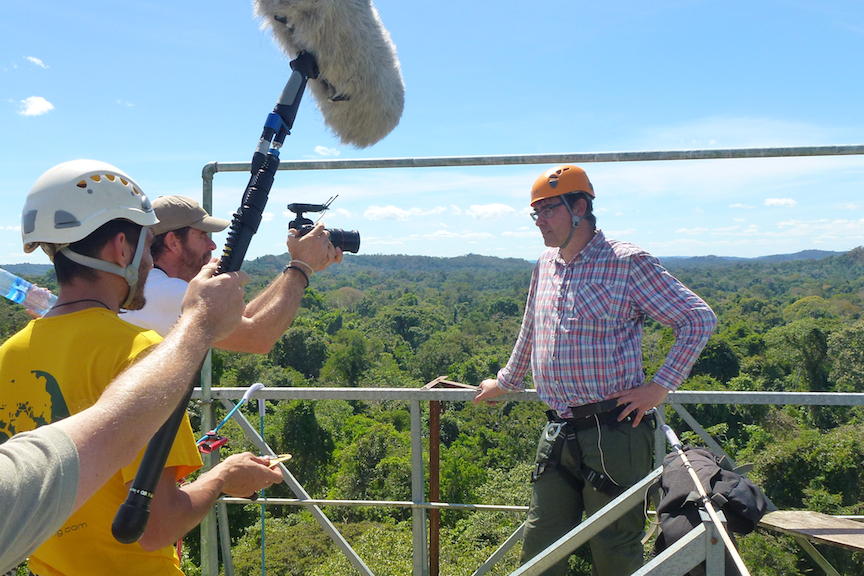Prof. Mathew England

Prof. Mathew England
Matthew England is an Australian Research Council Laureate Fellow and Deputy Director of the UNSW Climate Change Research Centre (CCRC) as well as being a Chief Investigator in the ARC Centre of Excellence in Climate System Science.
England’s main research activities reside in large-scale physical oceanography, ocean modelling, ocean-atmosphere dynamics and climate variability, with a particular focus on the Southern Hemisphere. Using ocean, atmosphere, and coupled climate models in combination with observations / theory, he studies what controls ocean currents and how these currents affect climate and climate variability on time-scales of seasons to centuries. Particular focus areas include the circulation and variability of the Southern Ocean and its role in regional climate; global-scale water-mass formation: mechanisms, variability and stability; ENSO, the Indian Ocean Dipole and the Southern Annular Mode; and past ocean circulation states and paleoclimate modelling.??England obtained his PhD in physical oceanography and climate modelling from the University of Sydney in 1992 after having won the University Medal and 1st Class Honours from the same University in 1987.
After completing an EU Postdoctoral Research Fellowship at the CNRS in France during 1992-1994, England worked as a Research Scientist at CSIRO within the Climate Change Research Program during 1994-1995. Since 1995 England has lectured in the physics of the ocean and climate system at the University of New South Wales, where he was awarded an ARC Federation Fellowship in 2005 and an ARC Laureate Fellowship in 2010. ??England is a former Fulbright Scholar and CSIRO Flagship Fellow, and winner of the Royal Society of Victoria Research Medal, 2007; two Eureka Prizes (Environmental Research, 2006; Land and Water, 2008); the 2005 AMOS Priestley Medal and the Australian Academy of Science Frederick White Prize, 2004. England coordinated and led the 2007 “Bali Climate Declaration by Scientists”; a major international statement by the scientific community that specifies the reductions in greenhouse gas emissions required to minimise the risk of dangerous human-induced climate change (www.climate.unsw.edu.au/bali).
England was the convening lead author of the 2009 Copenhagen Diagnosis. He is currently co-chair of the CLIVAR Southern Ocean panel, and was a contributing author and reviewer of the Intergovernmental Panel on Climate Change (IPCC) Second and Third Assessment Reports. England’s expertise covers the physics of the oceans and their role in climate variability and climate change.
